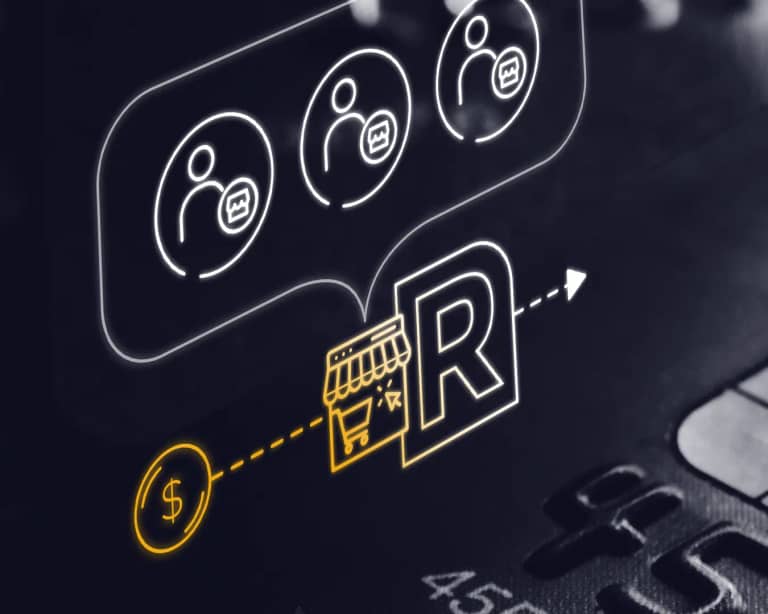Should My Marketplace Become a PayFac?
Discover the difference between payment facilitation and whitelabeling a Merchant of Record. Provide a seamless, secure checkout experience for your marketplace.

For thousands of years, sellers have been setting up shop in centralized locations to trade goods and services. Markets brought, and continue to bring, millions together for one-stop-shop experiences. While it is no longer necessary to travel trade routes to get to ancient bazaars, marketplaces remain an essential pillar of daily life, keeping up with the evolution of technology. Many modern marketplaces are online, digital, and can be accessed from anywhere in the world.
Similar to their early equivalents, present-day, online marketplaces allow the ability to check out from multiple sellers using one cart, with only one payment. Consumers can purchase goods and services from their preferred suppliers without having to navigate numerous ecommerce sites. Sellers can also market their products to a vast audience and avoid the hassle of setting up their own storefront.
In order to provide a seamless end-to-end experience, many marketplaces will explore the option of becoming a payment facilitator. A payment facilitator assists merchants in accepting payments. Often abbreviated as PayFac, it takes on financial and legal burdens in order to streamline the buying, selling, and paying out process when dealing with marketplaces, through partnerships with local banks. With more control over the payment process, the ownership can create additional profit for marketplaces as well.
Becoming a PayFac also promotes seller loyalty by creating stickiness. Marketplaces attract sellers to provide goods and services, and foster an environment that makes the sellers stick with the marketplace. PayFacs also deepen their relationships with their sellers because they are responsible for educating and taking ownership when it comes to their transactions.
Becoming a PayFac sounds like a no-brainer, right? However, the process of becoming a payment facilitator is not an easy task.
With so many sellers and shoppers that span different regions, problems with payments can arise. Buyers want to shop using their preferred payment methods with personalized prices, and avoid the hassle of unpredictable FX calculations and sometimes costly foreign transaction fees. Sellers wish to be paid in their local currency, be paid quickly, and keep as much of their profit as possible.
While there is control over your payment processes, PayFacs are still required to follow the rules of acquirers, or banks that act on behalf of a business by processing credit and debit card payments. Therefore, if a seller is based in the USA, the PayFac is still required to process through a US acquiring bank. These cross-border transactions come with high fees and low authorization rates, affecting your business, your sellers and your buyers.
As if that wasn’t enough to manage, your marketplace is now also in charge of:
- Risk and Liability Ownership
- PCI Compliance
- Underwriting Policy Development
- Infrastructure Buildout
- High Upfront Costs
- Licenses
- Banking Compliance
- Card Network Registration
- New Full-Time Staff
- Operational Requirements
Between expensive costs, compliance, staffing, and the added accountability, the drawbacks of your marketplace becoming its own PayFac greatly outweigh the benefits.
But, something still needs to be done. Your marketplace could integrate with a third-party payment facilitator to process your payments. However, third-party PayFacs tend to create a segmented experience on your site, and give you little in revshare. Buyers won’t want to return and sellers won’t want to supply on a site that isn’t providing a fluid, user-friendly experience.
You could also offload this complexity to an entity built to be a holistic solution for optimizing international payments. Referred to as a Merchant of Record, an MOR model can greatly reduce the complexities and costs of the cross-border transactions occurring within your marketplace.
Reach, a Merchant of Record, was built to manage a lot of different aspects of cross-border payments – but never to take control of your brand. By whitelabeling Reach, your marketplace still remains your marketplace. Your buyers will continue purchasing from suppliers on your site they trust, while you maintain control of your brand, your analytics, and your checkout.
Regardless of whether your marketplace is serving consumers or businesses, Reach can provide a platform to enable your marketplace to accept 135+ local currencies and access to local acquiring in 40+ countries.